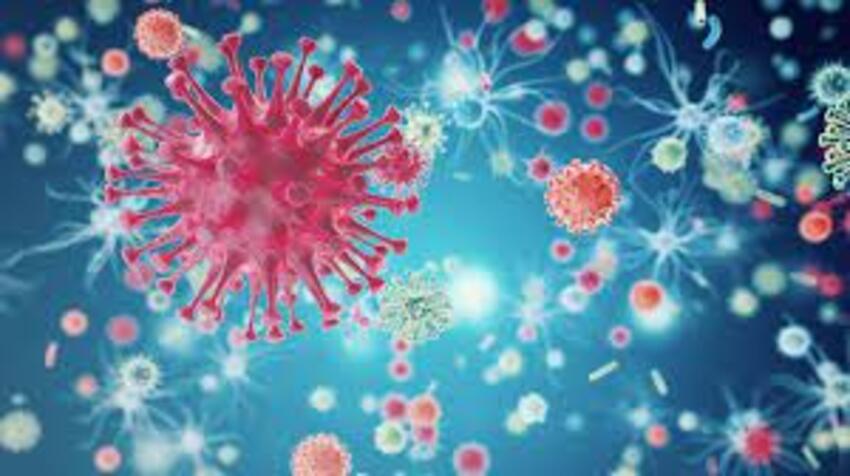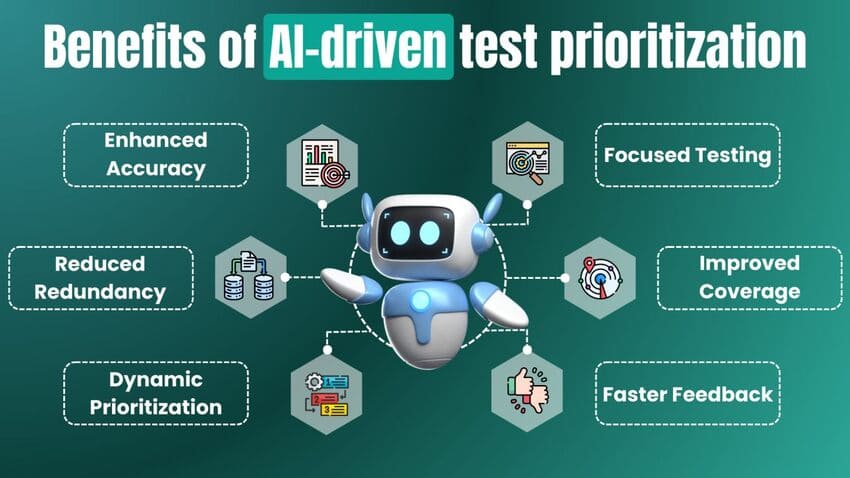
Gerontology
Gerontology is a multifaceted discipline dedicated to understanding the aging process and the myriad challenges faced by the elderly population. It integrates insights from biology, psychology, sociology, and even economics to form a comprehensive picture of what it means to grow old. This field is not only concerned with the physical aspects of aging but also the mental, emotional, and social changes that occur as people age.
Biological Aspects
At the biological level, gerontology studies the cellular and molecular changes that accompany aging. This includes research on genetic factors, the impact of environmental influences on aging, and the mechanisms behind age-related diseases such as Alzheimer's, cardiovascular conditions, and osteoporosis. By understanding these processes, gerontologists aim to develop medical interventions and lifestyle recommendations that can mitigate the effects of aging and extend healthy living.
Psychological Aspects
Psychologically, gerontology examines how aging affects cognitive functions, emotional well-being, and mental health. Researchers in this field study changes in memory, learning capabilities, and decision-making processes. They also look at the prevalence of mental health issues like depression and anxiety among the elderly and seek ways to address these challenges through therapeutic interventions and support systems.
Social Aspects
Socially, gerontology explores how aging individuals interact with their communities and the broader society. This includes studying the impact of retirement, social isolation, and changing family dynamics. Gerontologists work to create environments that support social engagement and active participation in community life. They also advocate for policies that protect the rights and dignity of older adults, ensuring they have access to necessary resources and opportunities.
Economic Aspects
From an economic perspective, gerontology addresses the financial challenges faced by older individuals. This involves understanding the economic security of retirees, the sustainability of pension systems, and the cost of healthcare for the aging population. Gerontologists also examine the economic contributions of older adults, such as their role in the workforce and as caregivers.
Importance and Applications
The importance of gerontology has surged in recent years due to the global increase in life expectancy and the resulting demographic shift. With more people living longer, there is a pressing need to address the complex needs of an aging population. Gerontologists play a crucial role in enhancing healthcare services, designing age-friendly environments, and promoting policies that ensure the well-being and dignity of older adults.
Societal Impact
Gerontology also highlights the societal benefits of valuing and integrating older adults into the community. Older individuals bring a wealth of experience, knowledge, and wisdom that can significantly benefit society. By understanding and addressing the challenges of aging, gerontologists help to create a society that respects and values its older members.
Public Health and Policy
In public health, gerontological research informs the development of programs and policies that aim to improve the health and quality of life of older adults. This includes preventive healthcare measures, chronic disease management, and health promotion activities tailored to the needs of the elderly.
Future Directions
As the field of gerontology continues to evolve, it is increasingly focused on interdisciplinary approaches that integrate insights from various fields to tackle the complexities of aging. The ultimate goal is to ensure that older adults can live healthy, fulfilling lives and that societies are well-prepared to support an aging population.
In summary, gerontology is a vital field that addresses the diverse and complex aspects of aging. Its interdisciplinary nature allows for a comprehensive understanding of the aging process, leading to improved quality of life for older adults and more age-inclusive societies.
- aging
- gerontology
- elderly
- biological aging
- psychological aging
- social aging
- life expectancy
- age-related diseases
- mental health
- social inclusion
- quality of life
- health care services
- supportive environments
- public health
- demographic shifts
- wisdom
- contributions
- interdisciplinary
- interventions
- well-being.
Recent Published
Submit Manuscript
To give your manuscript the best chance of publication, follow these policies and formatting guidelines.


